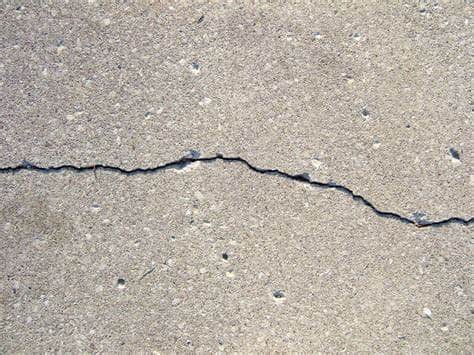How To Prevent Minor Cracks In Concrete In Imperial Beach?

- The quality of concrete largely depends on its mix design. Ensuring the correct proportions of cement, aggregates, water, and admixtures is crucial for achieving the desired strength and durability. Deviating from the recommended mix ratios can weaken the concrete and increase its susceptibility to cracking. Additionally, incorporating additives like silica fume or fly ash can enhance the concrete’s resistance to cracking by reducing permeability and increasing density.
- Proper curing is essential for allowing concrete to attain its full strength and durability potential. Curing involves maintaining adequate moisture and temperature conditions during the initial stages of concrete placement and hardening. This process prevents premature drying and shrinkage, which are common causes of cracking. Methods such as wet curing, membrane curing, or curing compounds can be employed depending on the project requirements and environmental conditions.
- Control joints are intentional lines incorporated into concrete structures to control the location of cracks. By creating weakened planes along which cracks can occur, control joints help relieve internal stresses and prevent random cracking. It’s essential to strategically place control joints at regular intervals, particularly in large concrete slabs or pavements, to minimize the risk of unsightly and potentially damaging cracks.
- Reinforcement, such as steel rebars or fibers, can significantly enhance the structural integrity of concrete and reduce the likelihood of cracking. Reinforcing elements help distribute loads more evenly, minimizing the formation of cracks due to excessive tensile or shear stresses. Engineers should carefully design reinforcement layouts based on the specific requirements of each project to ensure optimal performance and durability.
- Routine inspection and maintenance are vital for identifying and addressing minor issues before they escalate into more significant problems. Periodic assessments of concrete structures allow for early detection of cracks or other signs of distress, enabling prompt repairs or preventive measures. Implementing a proactive maintenance plan that includes measures such as sealing cracks, repairing damaged areas, and addressing underlying issues like poor drainage can prolong the lifespan of concrete structures and prevent minor cracks from worsening over time.
FAQs
Are All Cracks In Concrete A Cause For Concern?
Not necessarily. While some cracks may be superficial and pose no structural risk, others can indicate underlying issues such as settlement, inadequate reinforcement, or excessive loading. It’s essential to evaluate the severity and extent of cracks to determine the appropriate course of action.
Can Minor Cracks In Concrete Be Repaired?
Yes, minor cracks can typically be repaired using various methods such as epoxy injection, caulking, or patching compounds. However, it’s essential to address the underlying cause of the cracking to prevent recurrence and ensure long-term effectiveness.
How Can I Protect Concrete Surfaces From Environmental Factors That Contribute To Cracking?
Applying protective coatings, sealants, or waterproofing membranes can help shield concrete surfaces from exposure to moisture, chemicals, freeze-thaw cycles, and other environmental hazards that can accelerate cracking and deterioration.
Conclusion
In conclusion, preventing minor cracks in concrete requires a combination of proper design, construction practices, and ongoing maintenance. By following these five tips and addressing common concerns through proactive measures, builders and homeowners can safeguard their concrete structures against premature deterioration and costly repairs. For more information, contact Concrete Contractor Imperial Beach at (619) 414-1918.